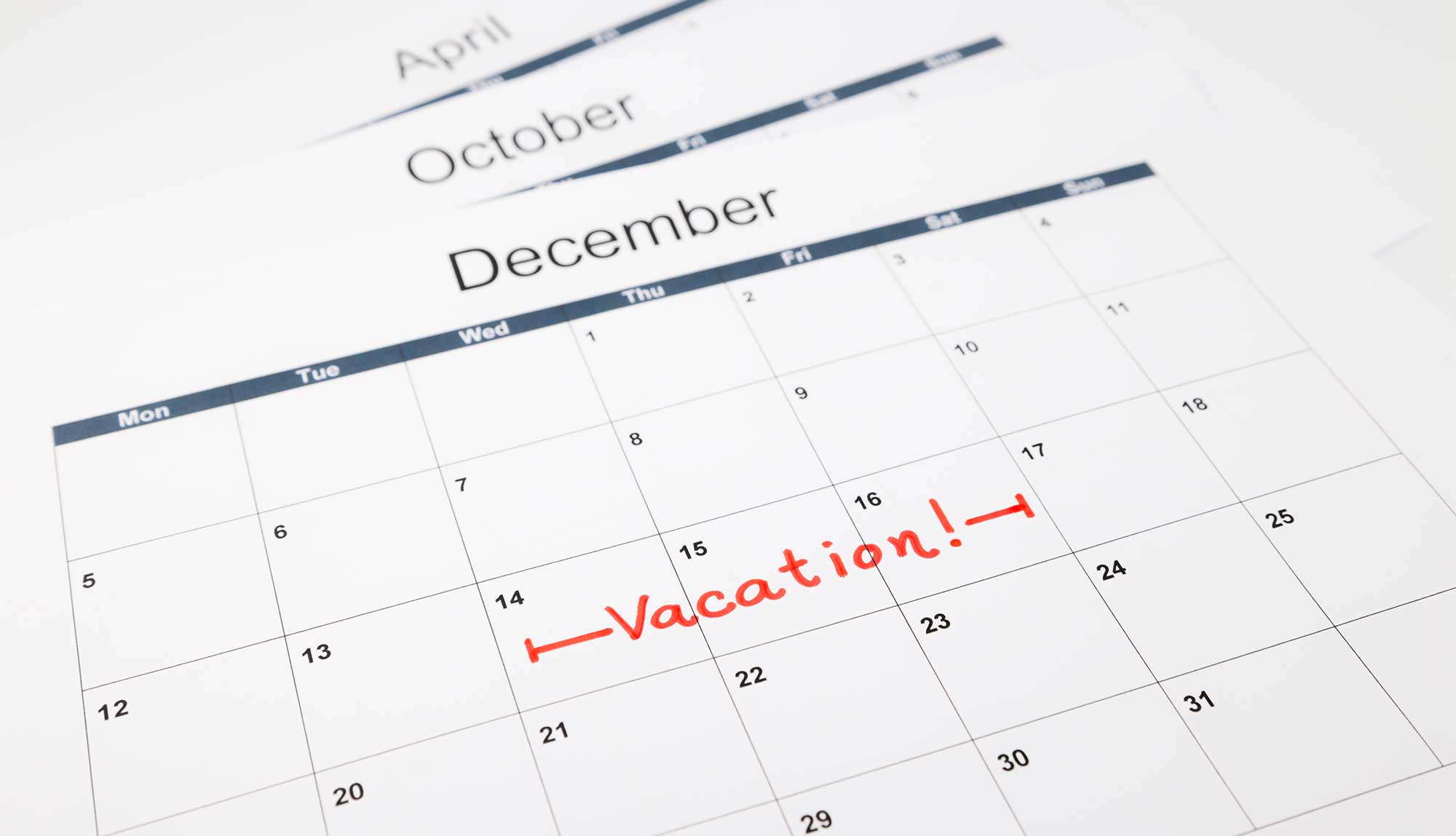Public holidays are often frantic for hospitality venues. Locals might be seeking coffee closer to home – so the morning rush might be busy – and customers who are off work may be looking to start or end the day with a great dining experience.
Employees are the backbone of any venue. It’s absolutely critical that employee obligations and entitlements are met, and workers are satisfied during these shifts. Among other potential consequences, venues may face the challenge of staff turnover if they are not met.
This article covers some of the staff obligations and entitlements and discusses how businesses may be able to meet them.
Do staff have to work?
According to the Fair Work Ombudsman and section 114(3) of the Fair Work Act 2009 (Cth) (Act), employees don’t have to work on public holidays. Employers can request that staff work on these days – and staff can refuse – either because the request is not reasonable or the refusal is reasonable. Below is a list of some of the considerations, outlined under the Act, that need to be taken into account to consider whether a request or refusal is reasonable:
- the nature of the employer’s workplace or enterprise, including it’s operational requirements, and the nature of the work performed by the employee;
- the employee’s personal circumstances, including family responsibilities;
- whether the employee could reasonably expect that the employer might require work to be performed on a public holiday;
- whether the employee is entitled to receive overtime, penalty rates or other forms of compensation for, or a level of remuneration that reflects an expectation of, being required to work on public holidays;
- the type of employment of the employee (for example, does the employee work full-time, part-time, casual or shiftwork);
- the amount of notice in advance of the public holiday given by the employer when making the request; and
- relation to the refusal of a request — the amount of notice in advance of the public holiday given by the employee in refusing the request.
Increased wages, and how to cover it
According to the Fair Work Commission, employees often receive a higher rate than usual for working on public holidays. There are pay guides and the pay calculator, which can provide useful context in determining an appropriate award rate for staff working on these days.
An option for venues to consider is a price increase on public holidays – for example, a 10 per cent price increase for coffees and meals – and being upfront with customers that the additional cost is helping to cover wages. Customers may be willing to pay $4.50 instead of $4 for a latte because they still need their coffee hit, competitors may be closed and they want to support the hospitality team they have developed a strong rapport with. Customers should be advised though if this is the case.
Entitlements to be considered
Employees must be paid their base rate for all hours worked on public holidays as a bare minimum. Beyond that, the Fair Work Ombudsman lists some entitlements to be considered for staff working on public holidays that can be provided by awards, enterprise agreements and other registered agreements, including:
- extra pay (for example public holiday rates)
- an extra day off or extra annual leave
- minimum shift lengths on public holidays
- agreeing to substitute a public holiday for another day
It is important to check your employees’ relevant contract, award, enterprise agreement or other registered agreement for the additional entitlements outlined above. This will help ensure your employees are not paid below their legal entitlements on public holidays.
Further, under section 116 of the Act, if an employee is absent from work on a public holiday, they are still entitled to be paid for that day. However, if the employee does not usually work on the day the public holiday falls, they are not entitled to be paid. For example, if the employee is a casual or part-time employee who is not rostered on the public holiday they are not entitled to be paid.
Government agency websites are important resources in outlining employee obligations and entitlements on public holidays. It might not be one particular incentive, but a combination that encourages staff to work on these days. Rewarding these staff may prove to be particularly important, as they are key to a venue’s productivity, and retaining great employees will likely be an asset for your venue moving forward.
Disclaimer: This guide is general in nature and does not take into account your individual circumstances. Before acting on any information, you should consider whether this is right for your business.



